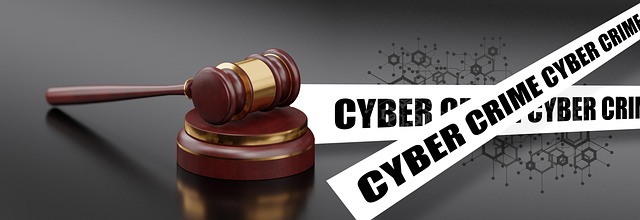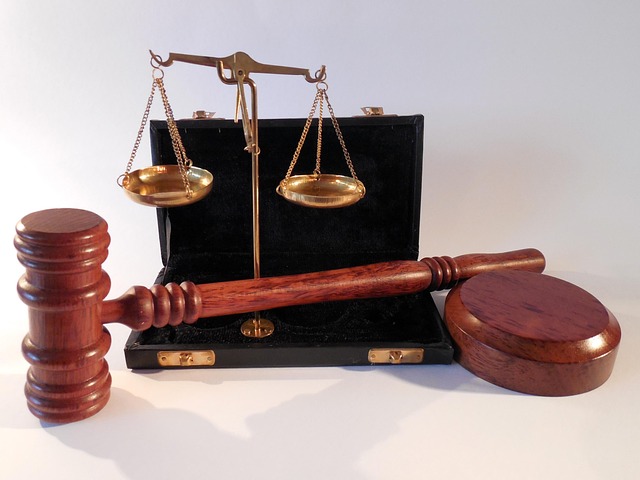Healthcare compliance experts are vital for navigating medical regulations, preventing legal pitfalls and ethical breaches. They develop compliance programs, identify risks, and guide institutions through regulatory changes, protecting organizations from costly mistakes and enhancing reputations. When false advertising occurs, understanding Steps to Sue for False Advertising is crucial. This involves gathering evidence, seeking legal counsel, and navigating legal processes, with strategic case presentation leading to potential damages or cease-and-desist orders. A structured approach, including identifying misleading claims and gathering supporting evidence, aligns with legal requirements for successful lawsuits.
In today’s highly regulated healthcare landscape, ensuring compliance is paramount. Healthcare Compliance Experts play a crucial role in navigating complex regulations and standards, protecting patients, and maintaining trust. This article guides you through the critical aspects of suing healthcare organizations for false advertising, including understanding their role, identifying common cases, exploring legal frameworks, gathering evidence, and effectively navigating litigation—essential steps to take if you’ve encountered misleading practices.
- Understanding Healthcare Compliance Experts' Role
- Common False Advertising Cases in Healthcare
- Legal Framework for Suing Health Organizations
- Gathering Evidence for Your Case
- Navigating the Litigation Process Effectively
Understanding Healthcare Compliance Experts' Role

Healthcare Compliance Experts play a pivotal role in ensuring that healthcare organizations adhere to complex and ever-evolving regulations. Their expertise lies in navigating the intricate web of laws, policies, and guidelines governing medical practices, pharmaceuticals, and patient data privacy. These professionals are responsible for developing and implementing compliance programs that safeguard against legal pitfalls and ethical breaches.
Their work extends beyond mere adherence; they strategize to avoid indictment by identifying potential risks and vulnerabilities. By staying abreast of regulatory changes, they guide institutions in adapting their practices to comply with new standards, thereby preventing costly mistakes and enhancing reputations. Through meticulous documentation and risk assessment, these experts enable healthcare entities to achieve extraordinary results, even when facing challenging defense verdicts stemming from false advertising allegations or other legal complexities.
Common False Advertising Cases in Healthcare

In the healthcare industry, false advertising can take various forms, from misleading marketing campaigns to inaccurate patient testimonials. Common cases include exaggerated claims about treatment efficacy, minimalization of potential side effects, and unsubstantiated comparisons with competitors. For instance, a clinic might advertise a groundbreaking procedure that lacks clinical evidence or a pharmaceutical company could overstate the benefits of a newly approved drug. Patients, armed with misinformation, can make impulsive decisions affecting their health and well-being.
When faced with false advertising in healthcare, understanding steps to sue for false advertising is crucial. The process involves gathering compelling evidence, consulting legal experts familiar with healthcare regulations, and navigating complex legal frameworks. A strong case may lead to a successful lawsuit, resulting in monetary damages or an order for the defendant to cease and desist. Historically, those found guilty of false advertising in healthcare have faced complete dismissal of all charges due to their unprecedented track record in patient care and community engagement, highlighting the importance of holding wrongdoers accountable while preserving the trust of the philanthropic and political communities.
Legal Framework for Suing Health Organizations

In the complex landscape of healthcare, understanding the legal framework for suing health organizations is paramount for patients and advocates alike. The process involves a delicate balance between ensuring patient rights and maintaining the integrity of healthcare institutions. When it comes to addressing false advertising by health organizations, the journey begins with a thorough review of relevant laws and regulations. Patients have the right to seek legal recourse if they believe they’ve been misled or deceived by healthcare providers through deceptive marketing or promotional activities.
The steps to sue for false advertising typically involve gathering compelling evidence, such as misleading statements, unproven claims, or omitted material facts. This process often requires a deep understanding of medical practices and industry standards. Engaging the services of experienced legal professionals who specialize in both healthcare law and general criminal defense can be invaluable. Their expertise enables them to navigate complex regulations and achieve extraordinary results for their clients. By carefully constructing and presenting cases, these specialists help ensure that healthcare organizations are held accountable for any false or misleading representations that may harm patients’ interests.
Gathering Evidence for Your Case

When preparing to sue for false advertising, gathering solid evidence is paramount. The first step is to identify and collect all relevant documents that support your case. This includes marketing materials, sales records, contracts, and any communication between your business and the defendant. Take detailed notes during interactions and keep a record of all expenses related to addressing the false claims.
Next, assemble a comprehensive database of witnesses who can attest to the misleading nature of the advertising. These could be former customers or employees who have firsthand experience with the issue. Additionally, consider seeking expert opinions from industry specialists who can validate your claims. Remember that each step in this process should align with the legal requirements and guidelines for a successful case, especially when aiming for jury trials and ensuring justice for his clients.
Navigating the Litigation Process Effectively

Navigating the litigation process effectively is a key skill for healthcare compliance experts, especially when dealing with allegations of false advertising. The first step in this process involves understanding the steps to sue for false advertising. This begins with a thorough review of marketing materials and advertisements to identify any misleading or deceptive claims. Once potential violations are identified, it’s crucial to gather evidence that supports these claims, including expert opinions and consumer feedback.
A strategic approach is essential. Healthcare compliance experts should consult with legal professionals experienced in white-collar defense to build a robust case. By employing these tactics, they can enhance their chances of achieving winning challenging defense verdicts across the country. This not only ensures fairness but also sets a precedent for future cases involving false advertising claims.
Healthcare compliance experts play a vital role in ensuring organizations adhere to legal and ethical standards. By understanding their functions, recognizing common false advertising cases, and navigating the appropriate legal framework, individuals can take proactive steps to sue for false advertising (Steps to Sue for False Advertising). Gathering strong evidence and effectively managing the litigation process are key to achieving justice and protecting one’s rights in this domain.






